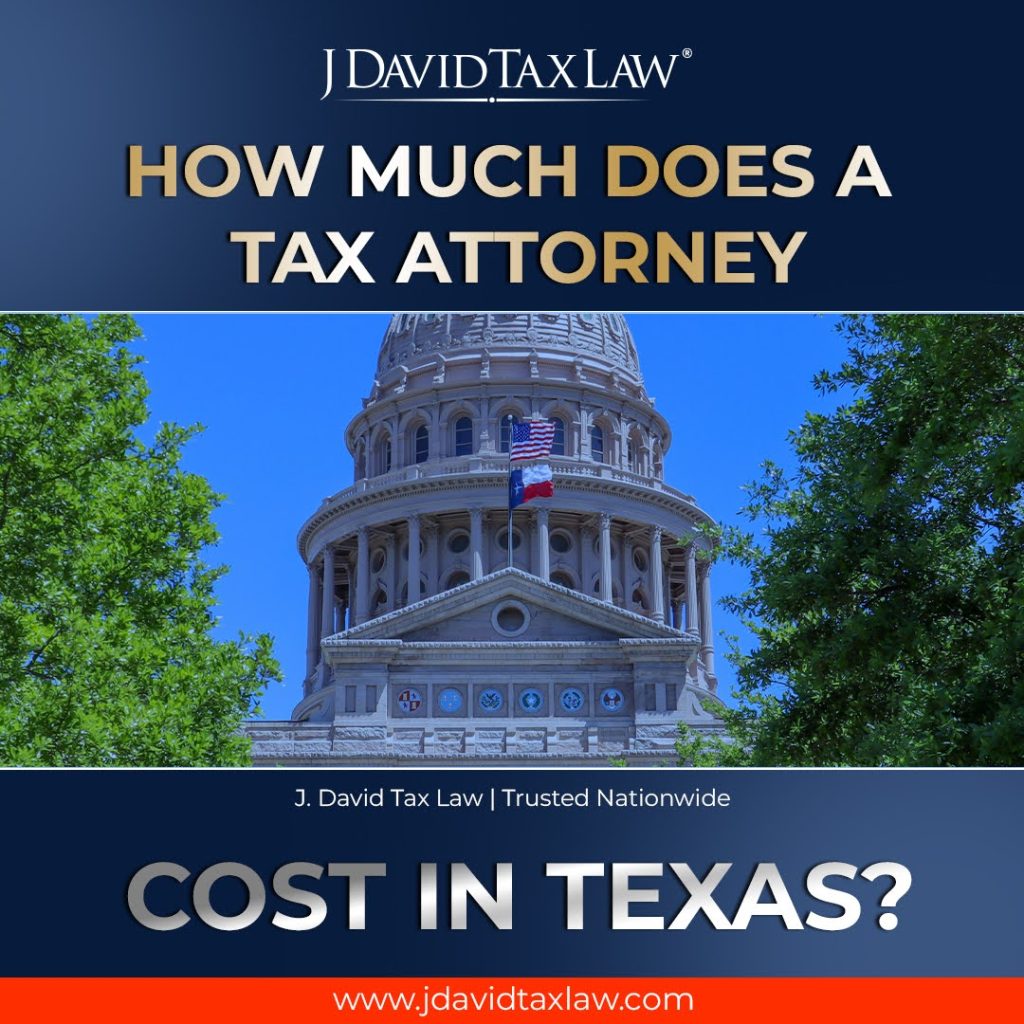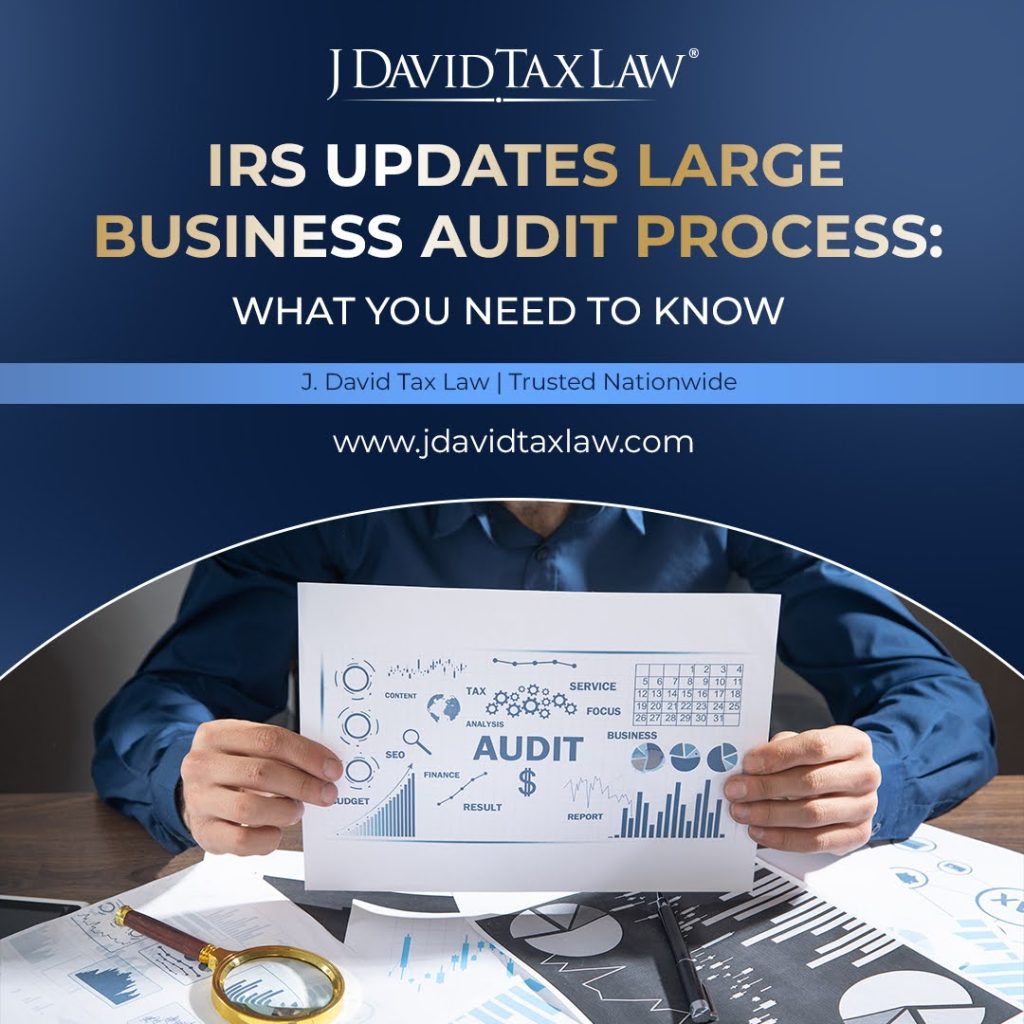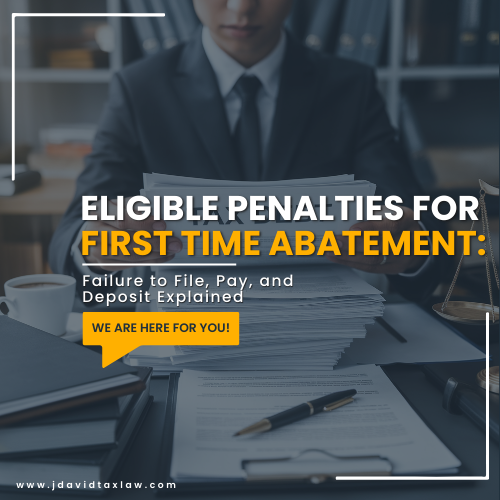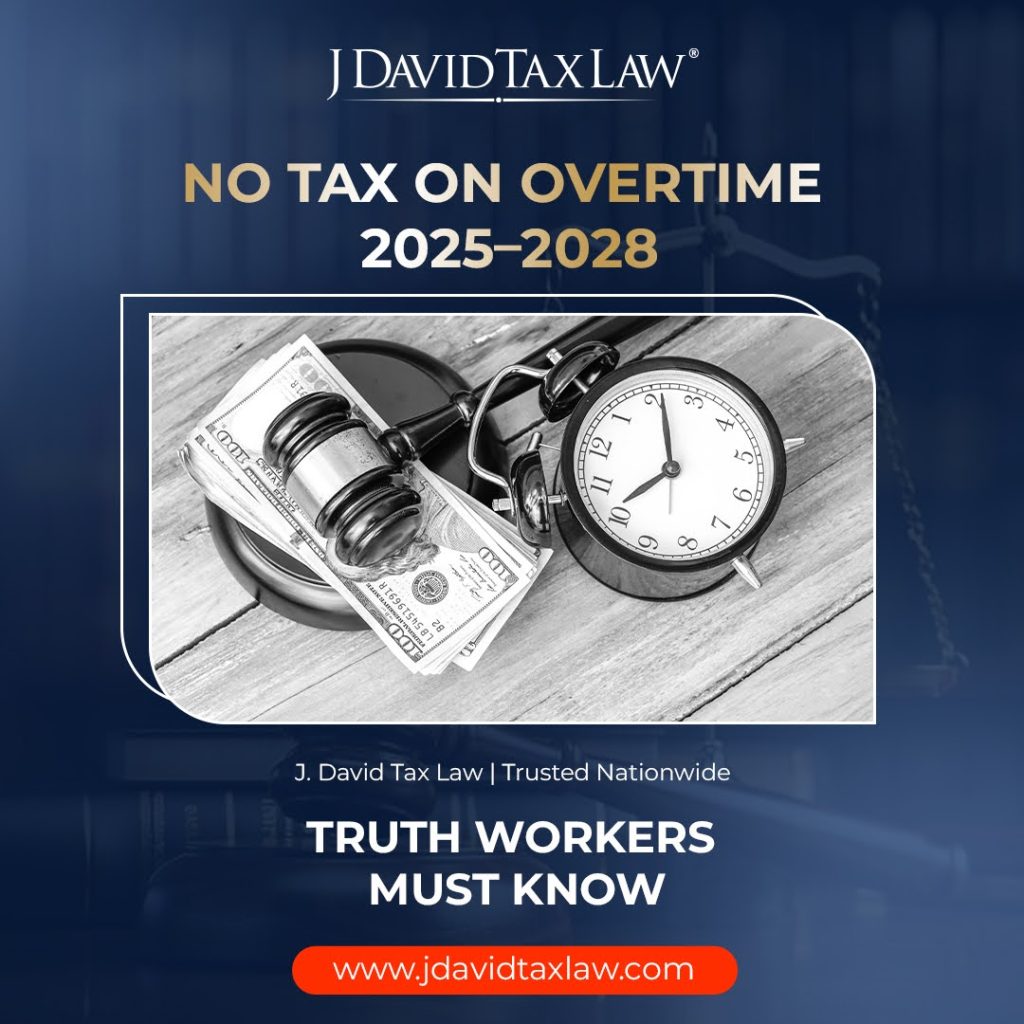Dealing with tax debt can feel overwhelming, especially with unpaid taxes hanging over your head. But finding relief doesn’t have to be complicated. There are real solutions out there that can help you get a fresh start and take control of your financial future.
This article explores ways to eliminate tax debt under specific circumstances and provides an overview of various strategies to help manage this financial burden effectively.
Understanding Tax Debt
Tax debt refers to the money owed to the government due to unpaid taxes. This can include income taxes and payroll taxes. Income taxes are levied on individuals’ earnings, while payroll taxes are taken from employees’ wages to fund Social Security and Medicare.
Several factors contribute to the accumulation of tax debts. Unpaid taxes are a common cause. When individuals fail to pay their full tax balance by the due date, they incur debt. Late penalties and interest charges add to this burden. Other causes include underreporting income, filing late returns, and making errors in tax filings. Each of these issues can lead to a significant tax debt over time.
Common Tax Relief Options
IRS Payment Plan (Installment Agreement)
Installment plans are a practical tax relief option for managing outstanding tax debts through structured monthly payments. Short-term payment plans typically span up to 120 days and suit taxpayers who can clear their dues in a brief period. Long-term installment plans extend beyond 120 days, providing a solution for those with larger tax debts who need more time to fulfill their financial obligations.
These arrangements allow taxpayers to manage their tax liabilities without adding undue financial strain, making it easier to maintain compliance and avoid collection actions like wage garnishment or Tax levies.
Offers in Compromise
An Offer in Compromise (OIC) is a tax debt relief option that allows taxpayers to settle their debts for less than the full amount owed. Taxpayers with tax debt need to prove that paying the full amount would cause financial hardship. This process involves submitting a detailed proposal to the IRS, which includes documentation of income, expenses, and asset equity to support the claim of financial difficulty.
Unlike installment plans, which require full payment over time, an OIC can reduce the total tax liability based on the taxpayer’s ability to pay.
The outcome of an OIC can vary: the IRS may accept the offer, negotiate for a different amount, or reject it. Acceptance provides the taxpayer with a fresh start by clearing the outstanding tax debt for less than what was originally owed. However, the process requires adherence to all compliance requirements set by the IRS.
See how our offer in compromise lawyers can help you file a compelling Request for OIC payment plan, backed by our track record of offer in compromise success stories
Penalty Abatement
Penalty Abatement is a tax relief option that allows taxpayers to have penalties removed from their tax debt if they can prove that the penalties resulted from reasonable cause rather than willful neglect. The criteria for qualification include circumstances like natural disasters, serious illness, or erroneous advice from a credible source. All must be documented and presented to the IRS.
To request penalty abatement, taxpayers must submit a written statement to the IRS detailing the reason for the penalty, alongside any supporting documents. This statement should explain how the circumstances were beyond their control and directly impacted their ability to comply with tax laws.
If the IRS accepts the request, the penalties are removed, reducing the overall tax debt. This process is unique as it specifically targets the removal of penalties, not the underlying tax debt. This provides relief to those who face penalties due to circumstances out of their control.
IRS CNC Status
IRS CNC status , also known as Currently Not Collectible, is granted to taxpayers who demonstrate that paying their tax debt would prevent them from meeting basic living expenses.
To qualify for IRS CNC status, taxpayers must provide the IRS with thorough documentation of their income, expenses, and financial assets. This information must show that their monthly income is fully absorbed by essential living costs such as housing, food, healthcare, and transportation.
To apply for IRS Currently Not Collectible Status , taxpayers must submit a Collection Information Statement to the IRS, detailing their financial situation. The IRS reviews this statement to assess whether the taxpayer truly has no available funds to pay their debt after covering basic living expenses. If approved for irs non collectible status, the IRS temporarily halts all collection activities, including Tax levies and garnishments. This status does not eliminate the tax debt but suspends collection efforts until the taxpayer’s financial condition improves.
J. David Tax Law helped Ryan, one of our clients, secure a full waiver of $150,888 in penalties and interest. Call us at (888) 342-9436 to see how we can help you!
Advanced Tax Debt Relief Strategies
Statute of Limitations
The Statute of Limitations sets a timeframe within which the IRS can legally collect tax debts, typically ten years from the date of assessment. Once this period expires, the IRS loses its authority to pursue collection efforts. However, it’s essential to note that certain actions, such as filing for bankruptcy or filing a collection due process appeal, can extend the statute of limitations.
Levy and Lien Releases
Challenging and removing federal tax liens and levies involves specific processes. Taxpayers can challenge the validity of liens through administrative appeals or by providing evidence of errors or discrepancies in the IRS’s assessment.
To request a release of a tax levy, individuals need to demonstrate that the levy creates an undue hardship or that releasing the levy would facilitate the collection of the tax debt. Additionally, taxpayers can negotiate with the IRS to settle the debt or arrange alternative payment methods to secure the release of liens and levies.
Bankruptcy Proceedings
Bankruptcy offers a legal process for individuals or businesses to seek relief from overwhelming debts. Certain types of bankruptcy, such as Chapter 7 and Chapter 13, can discharge tax debts under specific conditions.
Chapter 7 Bankruptcy: This involves the sale of assets to pay off creditors. While most tax debts can be discharged under Chapter 7, eligibility criteria apply, such as the type of tax owed and the timing of the tax return filing.
Chapter 13 Bankruptcy: This allows individuals with a regular income to develop a plan to repay all or part of their debts over three to five years. Tax debts may be included in this repayment plan, providing a structured way to manage outstanding tax liabilities.
However, bankruptcy should be considered a last resort due to its long-term impact on credit and financial standing. It’s essential to explore other tax debt relief options before pursuing this path.
Role of Professional Tax Debt Attorneys
If you’re dealing with tax debt, consulting with tax debt attorneys or tax debt settlement lawyers is essential. These experts understand tax laws inside and out, and they can help you navigate the complexities of your situation. With personalized advice based on your financial circumstances, they can guide you toward the best possible outcome, giving you the best chance to resolve your tax issues effectively.
Working with A+ rated tax law firms like J David Tax Law can make all the difference, as they have a track record of successfully helping clients wipe their tax debts clean. By leveraging their understanding of tax laws, these professionals can advocate on behalf of taxpayers and ensure they’re free from financial distress.




















